Note: This is a cross-posting from Paul Holmquist’s “Neverwhat?” blog, chronicling his research for directing our spring MainStage production of Neverwhere.
Temple and Arch
Hi am Maren, the dramaturg for Neverwhere and I am delighted to be part of the project and delighted that Paul asked me to post. That’s a lot of delight.
First of all, I enjoy Gaiman because he works in layers and there many resonances to his words and worlds. Neverwhere is like a street map and a tube map and bits of Celtic history, art and modern London all blended in and knit together Gaiman’s own inventiveness and dark whimsy.
So in the spirit of layering, I wanted to add a thought about the use of temple in “temple and arch”. The beauty of the phrase is that is has so many meanings and evokes such strong images.
First, just to riff on Paul’s post, England had early pre-Christian temples and the Beast of London seems to harken back to pre-Christian stories like the Fisher King (wounded in the groin by a boar or a beast) and some Welsh mythology. Anyone interested in looking at this early mythology might look at the Welsh classic The Mabinogion, a world in which heroes step in and out of magical other worlds easily. But I digress, London below seems to get the layers of all times in history, they get the detritus of the London, both the pre-Christian, the Christian and the secular. They get their geography and customs from above and below, present and past.
However my thoughts about Temple and Arch were a bit more geographic. Since Gaiman plays with place names in London, I thought of geographic temples when I heard the oath “temple and arch.”
There is a Temple church in London that founded by the Knights Templar. The Templars being that odd hybrid of monastics and warriors made famous during the crusades both for their valor and their secretiveness and from the rumor that they had the shroud Christ was wrapped in after his death. (The Black Friars in Neverwhere seem to be cut from similar cloth.) Temple Church is near the Inns of Court of which there are four: Grays Inn, Lincoln Inn, The Inner Temple and the Middle Temple. I am sure I am inadequately representing the history of the British legal system but roughly, they used to be where law students learned the law and now I believe they sort of function like our bar associations now and you belong to one of them if you practice law. Historically, some of Shakespeare’s plays were played for these groups who were the new burgeoning class of lawyers who could afford to have the players come there.
Here are links to the church and inner and middle temple. Judging from some of the photos on their very modern websites there are a fair number of arches there as well.
http://www.innertemple.org.uk/
http://www.middletemple.org.uk/
The London Temples are very old institutions and the hierarchies that govern them date back to the age of fiefdoms and guilds, a system still apparently used in London below.
Where the Middle and Inner Temples are now intricately associated with law in London (apart from the Old Bailey itself where cases are tried) Temple might also have a legal connotation.
Thinking about temples as a geographic feature of London made me think about arches in London geography of which there seem to be many. There are a few arches that might be of interest: The Marble Arch across from the speaker’s corner in Hyde Park in London, (there is a marble arch tube station), Wellington Arch also in Hyde Park and of course Admiralty Arch near Trafalgar Square. But then there are many arches in London. Below is Admiralty Arch in picture taken by my husband when we were in London over a year ago.
The interesting thing about an Arch as a geographic memorial, you go through them like a door but not into a building, you see through them and around them, but they still function architecturally even if they are not part of a building. They change the thing you see through them and frame it. But as you can see I am prone to digression and I have already digressed far enough I just wanted to peel a few more layers of the onion.
